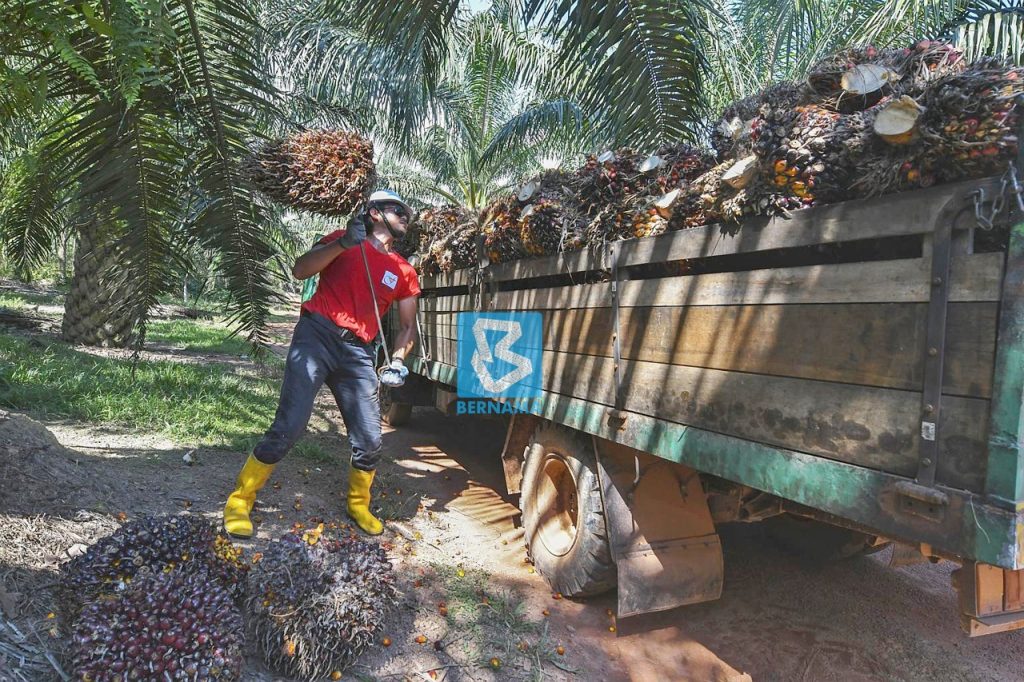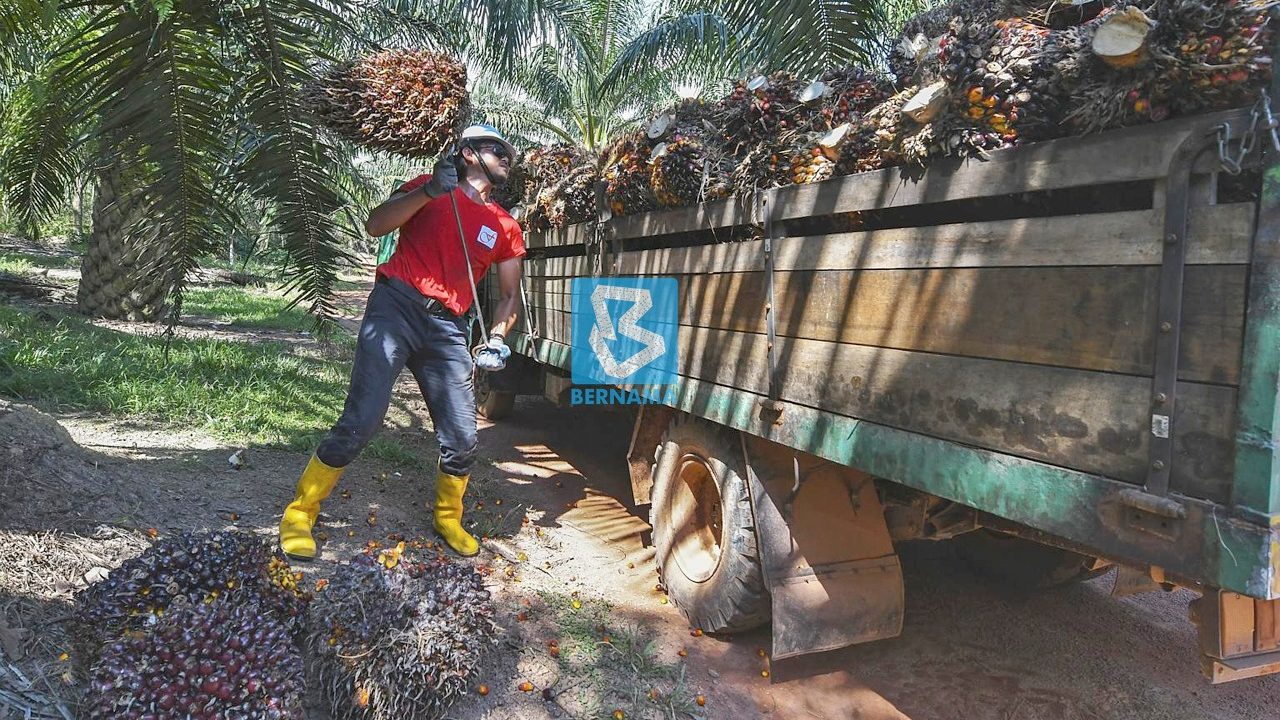Advertisements
KUCHING (Jan 9): The Associated Chinese Chambers of Commerce and Industry of Sarawak (ACCCIS) has outlined several strategies to tackle the growing labour shortage in Sarawak, which has been significantly affecting local industries.
In a statement released today, ACCCIS highlighted the need for streamlined procedures to expedite visa and work permit applications. The organisation called on the government to establish a one-stop centre, staffed with officers empowered to approve necessary documents from multiple government bodies, such as the Immigration and Labour Departments.

To address the pressing labour shortage in key sectors, ACCCIS recommended the introduction of special permits for industries that require immediate manpower, particularly the shipbuilding sector, which is struggling with urgent recruitment needs.
Advertisements
“The current visa and work permit approval processes are lengthy and cumbersome, often taking anywhere from two to ten months. This delay hampers the timely completion of critical projects, particularly in industries like shipbuilding, where timely labour deployment is essential for project delivery,” said ACCCIS in its statement.
The proposal also suggests revising the worker quotas to better meet the demands of the market, ensuring businesses can hire the necessary number of workers for smooth operations. Furthermore, ACCCIS believes that relaxing the restrictions on employment locations would increase operational efficiency by allowing foreign workers to be deployed across multiple project sites within the same region.
ACCCIS also pointed out that expanding recruitment channels to include additional countries would help reduce the reliance on a limited number of labour sources, such as Indonesia and Bangladesh, thus enhancing flexibility. They also recommended lowering visa fees and other related charges to ease the financial burden on employers, particularly SMEs, improving their competitiveness.
In response to these challenges, ACCCIS urged the Sarawak government to create a centralised platform that would provide timely updates on visa policies and permits. This would ensure employers are well-informed and equipped to navigate regulatory changes efficiently.
The chamber stressed the urgency of these measures, stating that resolving these issues would help Sarawak’s industries operate more effectively and maintain regional competitiveness. Furthermore, ACCCIS believes these actions are essential for Sarawak’s aspirations to become a developed state by 2030, driving both domestic and foreign investment, while supporting robust local economic growth.


